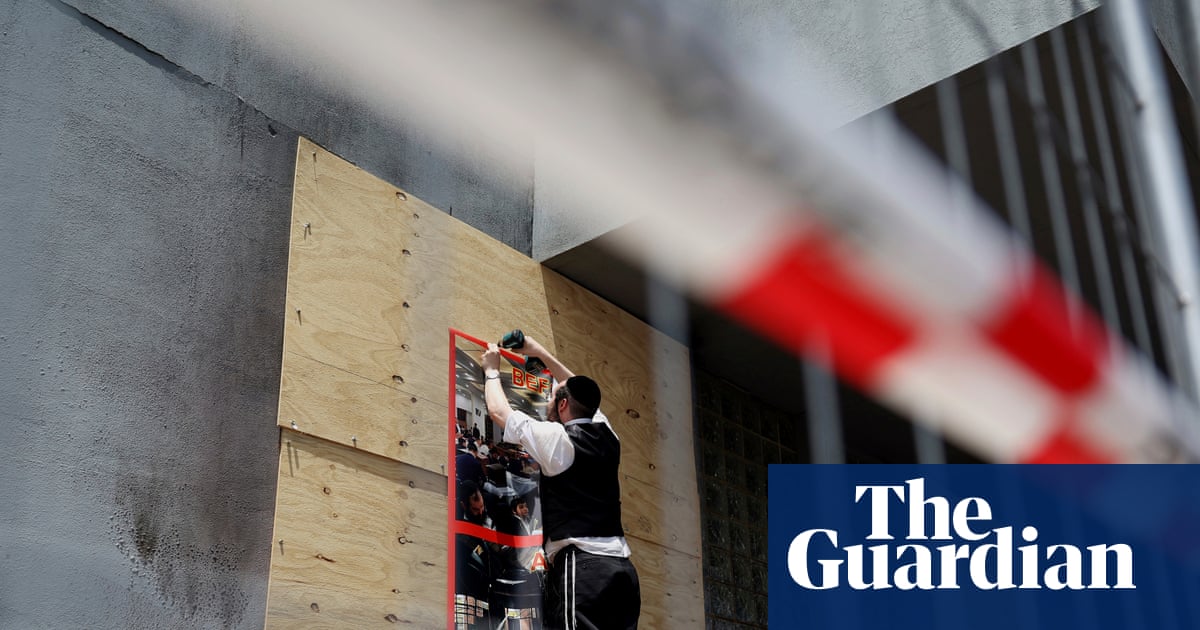
"It's a strategy that dates back to the 1979 revolution, and is rooted in a pragmatic if regretful assessment of Iran's continuing weakness on the conventional battlefield. Australian authorities have not revealed exactly what convinced them that Iran was behind a series of antisemitic attacks in the country in recent months, but the charge is plausible, experts say. We don't know the full details, but the Australians wouldn't [publicly blame Iran] unless they were pretty confident,"
"There is a long history here. One of Iran's goals is to distract enemies and so divert any concerted direct attack. Until recently, analysts were able to argue that the strategy had been relatively successful, fending off foes at limited cost. Yet it failed this summer. The damage done to the country's nuclear programme in the two-week war with Israel and the US in June may be unclear, but few doubt Tehran came off worst in the hostilities."
Iran conducts clandestine violence and espionage overseas to win advantage by striking the soft underbelly of enemies. The strategy dates to the 1979 revolution and reflects a pragmatic assessment of Iran's conventional weakness. Australian authorities accused Iran of involvement in recent antisemitic attacks but have not revealed full details. Iran treats such operations as a low-cost way to wage an undeclared war, rally Middle Eastern audiences, distract enemies, and avert direct attacks. The approach often worked at limited cost until a two-week war with Israel and the US in June left Tehran worse off. Long-term targets include dissidents and politically threatening groups, prompting joint Western condemnation of assassination, kidnapping, and harassment attempts.
Read at www.theguardian.com
Unable to calculate read time
Collection
[
|
...
]